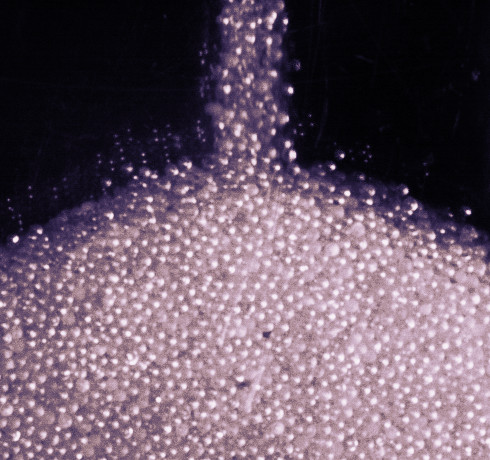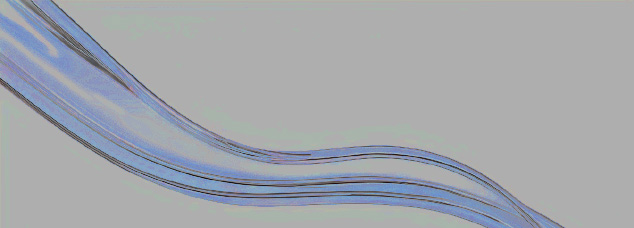Granular or particulate flows is a strong area of focus in our department, with studies ranging from stress distributions in static assemblies, through dense slow flows, to rapid inertial flows. The methods of analyses include particle dynamics simulations, continuum models based on plasticity and kinetic theory, and rheometry and flow imaging experiments. Several novel results have emerged from our department. Recent research from the Nott laboratory illustrate the presence of an anomalous stress distribution caused by a secondary flow in a cylindrical Couette device, and Kumaran and co-workers show the presence of an order-disorder transition due to base roughness in a rapid granular flow down an inclined plane. We have proposed continuum higher-gradient theories for slow and rapid flows to explain features that are not captured by the classical theories. We have recently determined by particle simulations the lift force on an object dragged through a granular medium, which has helped identify the origin of the lift.



